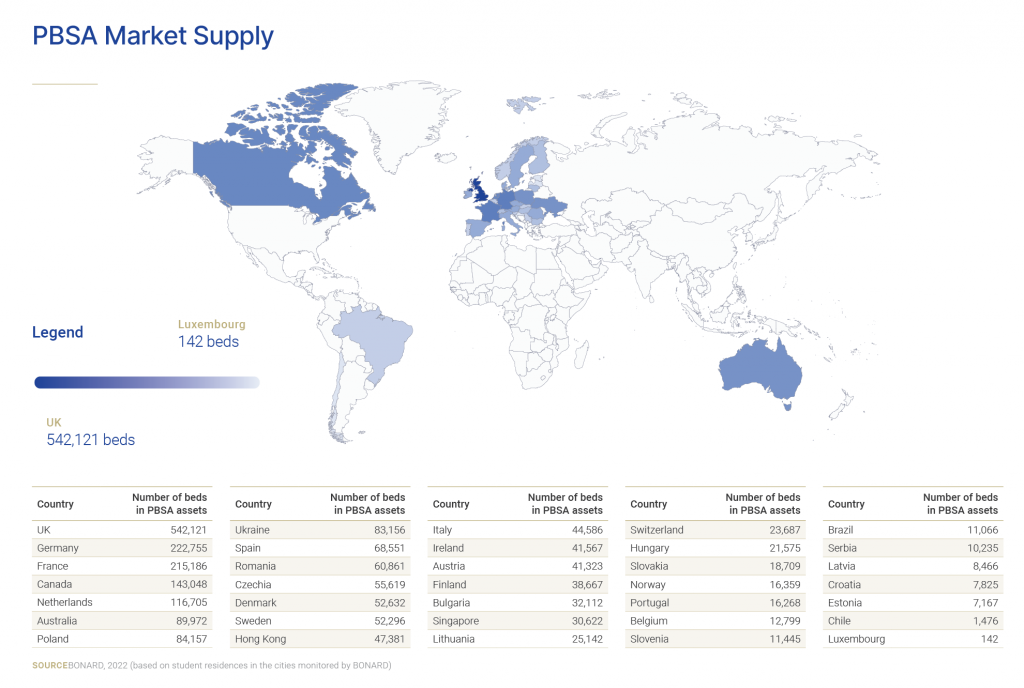You “cannot ignore” agents – AIRC president
“You either love them or you hate them, but you cannot ignore them,” AIRC‘s president said regarding the use of agents during a recent webinar.
The discussion about the use of international recruitment agents, facilitated by The Chronicle’s Karin Fischer, stakeholders from across the sector debated the benefits and setbacks of incorporating agents in international recruitment strategy.
Derrick Alex, who is also the University of Houston’s director of international admissions and recruitment, mentioned his own experiences as an international student coming to the US from India.
While he noted wide variations across institutions regarding the use of agents in recent years, he likewise indicated there has been an increase in the implementation of AIRC standards. He nodded to new “guard rails” in place for students working with agents and said many universities have applied additional resources to help identify ethical agencies that can effectively serve the needs of students and institutions.
Eddie West, assistant dean for international strategy and programs at San Diego State University, said most students served by the agents he has worked with have been satisfied with both their agent service and institutional experiences. However, he indicated that over his decades in the field, he is aware of agent misconduct.
West is the co-editor of Student Recruitment Agents in Higher Education: A Multi-Stakeholder Perspective on Challenges and Best Practices, a forthcoming book on agents that he hopes “contributes to a foundation of knowledge that increases transparency and the overall health of the education agent ecosystem.”
While West agreed about the advances in regulation, he remains “concerned about recent developments in the agent space, specifically with respect to the growing proliferation agent aggregators”. He asserted that this sector under-regulated and has increased risk in the field.
“Agents play a really important role in helping families make good choices”
Brett Berquist, assistant vice chancellor for global engagement at the University of Canterbury spoke about the student experience as well as the conversion rates of direct applications.
“It’s daunting when you’re [a teen]…it’s a bit overwhelming – and students don’t apply to just one institution. So agents play a really important role in helping families make good choices, understanding where they have a good chance of getting in, [and] what they can afford,” he said.
As such, Berquist believes “having an effective management strategy for working with agents, including a clear compliance framework, is “an efficient way of doing business” as it can positively impact transparency and conversion rates.
Ffiona Rees, deputy director of undergraduate admissions at UCLA provided arguments for why agents are not necessary for every institution – including her own, which prohibits the use of agents; school leadership was even unified across the nine schools in the university system on the decision to not to use them.
“We are better off using our staff and our employees so when you have repercussions, there’s control. There’s training. There’s knowledge about the system and about what needs to be done.” She understands that UoC is in the minority but believes in-house recruitment efforts increase trust and transparency.
West noted that academic departments within an institution may elect to use agents, and cautions about the interpretation of survey data regarding agent use at HEIs. “If you’re to phrase the question, ‘Do any academic or other units at your institution work with agents?’ that’s going to be an even higher number,” West noted.
Chronicle editor Ian Wilhelm asked Craig Riggs, editor of The ICEF Monitor, about factors that are driving greater engagement with agents. “One is a real concrete move on the part of many institutions to diversify their international student enrolments,” said Riggs.
“The pandemic drew a very sharp line under the idea that it’s no longer sustainable to rely on a relatively small number of sending markets for one’s international enrolment, and we see institutions recommitting themselves,” he noted.
“We are better off using our staff and our employees so when you have repercussions, there’s control”
Riggs believes agents have an important role to play in accessing new markets and diversifying enrolment. He also underscored the idea of agents as a source of both market intelligence and support for students and families.
West spoke with The PIE News after the event about takeaways from the discussion, “Alongside growing numbers of US institutions working with agents is a hunger for more guidance about how to do that work productively and responsibly. Unlike other countries where agent use is pervasive and longstanding, many US HEIs are still relative newcomers to working with agents.”
He discussed the evolving nature of the university-agent relationship. “Many best practices and regulations in the field are no longer fit for purpose, now that master agent-subagent relationships are proliferating like never before, in large part because of agent aggregators. The lack of transparency in the aggregator space makes it harder for even experienced practitioners to maintain their bearings, much less schools that are just learning how to work with agents.”
“It’s a given agencies are reaching out and sending students…So overall, [working with agents is] something that we cannot deny. They exist. It’s how to utilise [agencies], and how you make the best of it,” Alex summarised.
The post You “cannot ignore” agents – AIRC president appeared first on The PIE News.





